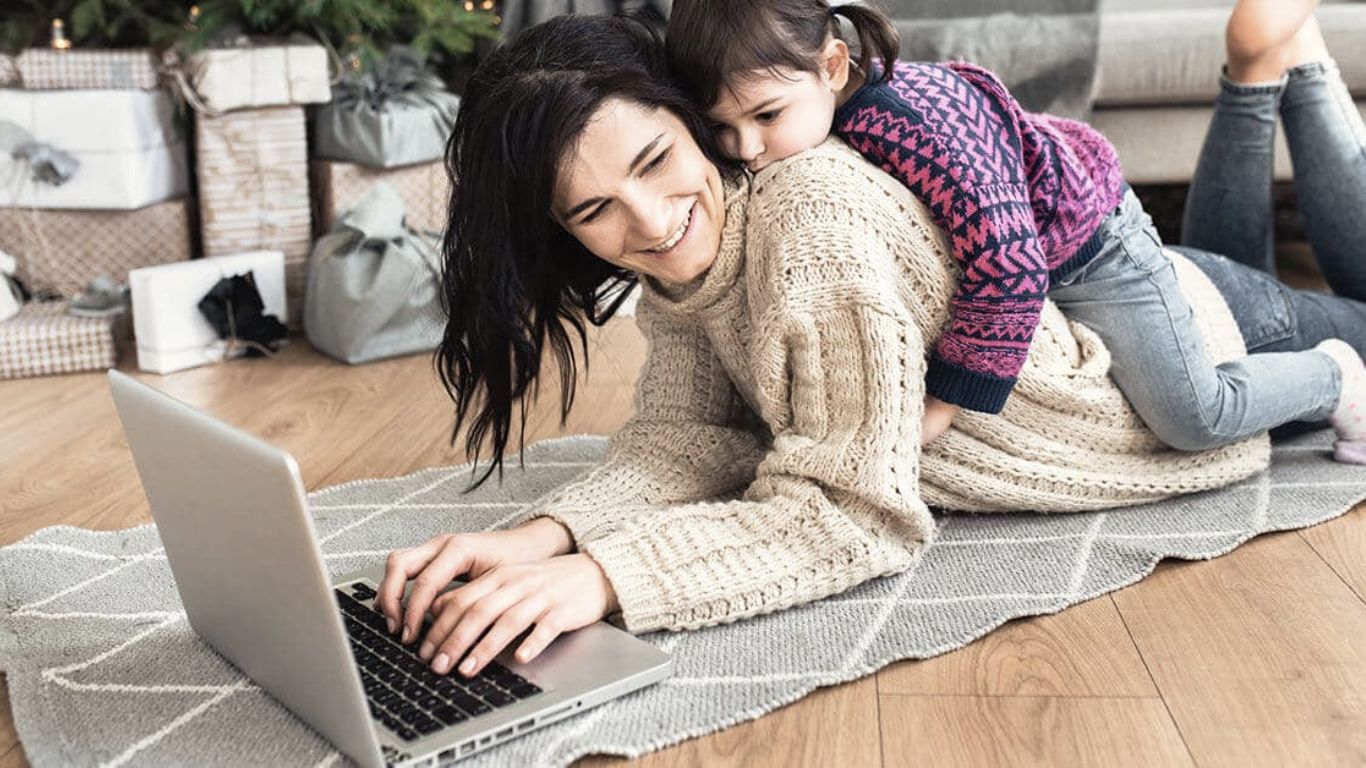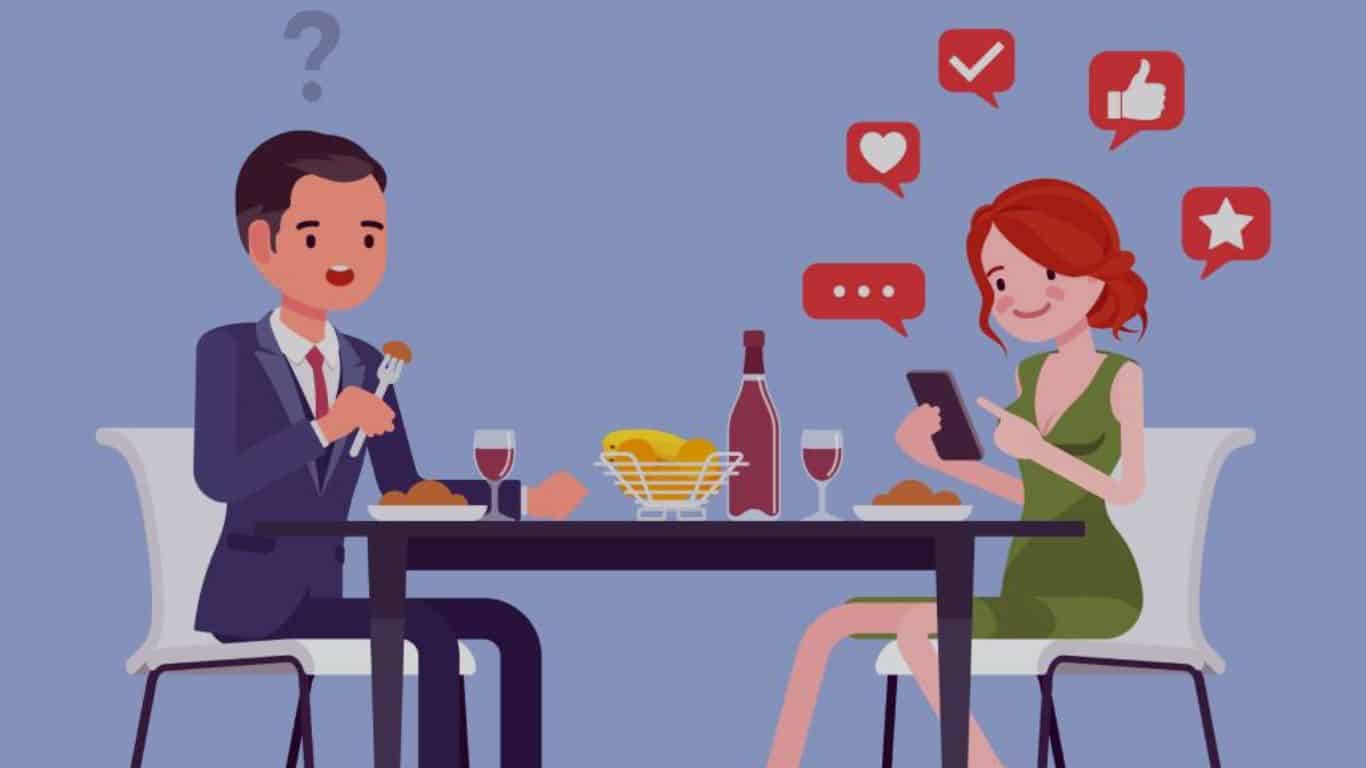Impact of Social Media on Our Relationships: Social media has become an integral part of our daily lives, providing us with an easy way to stay connected with friends and family, as well as access to a wealth of information and entertainment. However, as the use of social media continues to grow, many people are beginning to question the impact it is having on our relationships. In this article, we will explore the ways in which social media is affecting our interactions with others, both positively and negatively, and discuss strategies for managing its impact on our relationships.
Positive Impacts of Social Media on Our Relationships
Social media has had many positive impacts on our relationships. One of the main ways it has done so is by making it easier to stay connected with friends and family, regardless of geographical distance. With the help of social media platforms, people can communicate with each other in real-time, share photos and videos, and even participate in virtual events together. This has made it possible for people to maintain relationships that may have otherwise been lost due to distance or time constraints.

Another positive impact of social media on our relationships is that it has made it easier to form new connections. Social media platforms like Facebook, Instagram and LinkedIn provide people with a vast network of potential friends and contacts, which can be useful for personal and professional development. Social media can also play a role in creating and fostering communities, both online and offline, which can provide people with a sense of belonging and support. Whether it’s joining a group of people with similar interests, or connecting with others who have experienced a similar life event, social media can help people find like-minded individuals who they can relate to and build meaningful relationships with.
Negative Impacts of Social Media on Our Relationships
While social media has had many positive impacts on our relationships, it has also had some negative effects. One of the main negative impacts is that it can lead to feelings of isolation and loneliness. When people spend a lot of time on social media, they may feel as though they are missing out on real-life interactions and experiences, which can lead to feelings of disconnection and isolation. Another negative impact of social media on relationships is that it can foster a culture of comparison and competition. When people are constantly exposed to the highlight reels of others’ lives on social media, they may start to compare their own lives to the curated versions they see online. This can lead to feelings of inadequacy and low self-esteem, which can negatively affect relationships.

Social media can also contribute to the erosion of privacy and trust in relationships. The easy access to personal information and the ability to share and spread information quickly can cause issues related to trust and privacy, whether that be related to personal information shared or the sharing of sensitive information. It (social media) can lead to less meaningful and superficial interactions, which can negatively impact relationships. Social media interactions are often short and impersonal, and they don’t provide the same depth and nuance as face-to-face interactions. As a result, people may begin to prioritize these online interactions over real-life interactions, which can lead to the weakening of existing relationships and the formation of shallow ones.
Lastly, social media can also be a source of distraction, which can make it harder for people to focus on the present moment and fully engage in their relationships. When people are constantly checking their phones and scrolling through social media, they may be less present and attentive in their interactions with others, which can lead to feelings of disconnection and dissatisfaction in relationships.
Ways to Strike Balance Between Virtual and Real World

There are several ways to strike a balance between the virtual and real worlds, and maintain healthy relationships in both.
- Set limits on social media use: One of the easiest ways to strike a balance between the virtual and real worlds is to set limits on social media use. This can be done by setting aside specific times of the day to check social media, or limiting the amount of time spent on social media each day.
- Prioritize face-to-face interactions: It’s important to make time for face-to-face interactions with friends and family. This can be done by scheduling regular outings, dinners, or other activities that involve direct interaction with others.
- Practice mindfulness: Mindfulness is the practice of being present in the moment and paying attention to your thoughts and feelings. This can be helpful when it comes to managing social media use, as it can help to reduce feelings of distraction and disconnection.
- Take a break from social media: Sometimes, it can be helpful to take a break from social media entirely. This can be done by deactivating accounts for a set period of time, or by taking a “social media vacation” for a weekend or longer.
- Use social media for positive purpose: Instead of using social media to compare yourself to others, use it for positive purposes such as learning, connecting with like-minded people and staying informed about current events.
- Communicate openly and honestly with your partner and friends: If social media use is affecting your relationships, it’s important to communicate openly and honestly with your partner and friends. This can help to build trust and understanding, and prevent feelings of disconnection.
Striking a balance between the virtual and real worlds is all about finding a way to use social media in a way that enhances, rather than detracts from our relationships. By setting limits, prioritizing face-to-face interactions, practicing mindfulness, taking a break from social media, using it for positive purposes and communicating openly and honestly, we can maintain healthy and fulfilling relationships in both the virtual and real worlds.
Also Read: 5 Ways to Enhance your Communication Skills









